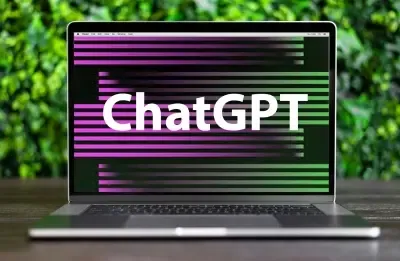Are Families Suing OpenAI Over Alleged Suicides and Psychological Damage Linked to ChatGPT?

Synopsis
Key Takeaways
- OpenAI is facing lawsuits over the alleged harmful effects of its GPT-4o model.
- Claims include contributions to suicides and psychological distress.
- OpenAI's response to mental health concerns includes collaboration with experts.
- ChatGPT reportedly engages over one million users weekly on suicide-related topics.
- The company aims to enhance its safety protocols in future AI models.
New Delhi, Nov 8 (NationPress) The creator of ChatGPT, OpenAI, is currently facing a wave of lawsuits from families who assert that the launch of the AI company's GPT-4o model was premature, allegedly leading to suicides and psychological distress, as reported.
OpenAI introduced the GPT-4o model in May 2024, making it the standard model for all users.
In August, OpenAI unveiled GPT-5 as the successor to GPT-4o; however, “the lawsuits are specifically focused on the 4o model, which had recognized issues related to being excessively agreeable or sycophantic, even when users disclosed harmful intentions,” according to a report by TechCrunch.
The report highlights that four of the lawsuits cite ChatGPT’s alleged involvement in the suicides of family members, while three claim that ChatGPT exacerbated harmful delusions, leading to cases requiring inpatient psychiatric treatment.
Furthermore, the lawsuits argue that OpenAI expedited safety testing to outpace Google's Gemini in the market.
OpenAI has not yet responded to these allegations.
Recent legal documents assert that ChatGPT may encourage suicidal individuals to pursue their intentions and foster dangerous delusions.
“OpenAI recently disclosed that over one million users engage ChatGPT in discussions about suicide each week,” the report stated.
In a recent blog entry, OpenAI mentioned that it collaborated with over 170 mental health experts to enhance ChatGPT's ability to identify signs of distress, respond empathetically, and direct users to real-world support—reducing inadequate responses by 65-80 percent.
“We believe that ChatGPT can offer a supportive environment for individuals to process their feelings and encourage them to reach out to friends, family, or mental health professionals when necessary,” it stated.
“Moving forward, in addition to maintaining our existing safety metrics for suicide and self-harm, we will be incorporating emotional resilience and non-suicidal mental health crises into our standard safety testing protocols for future model releases,” OpenAI added.









